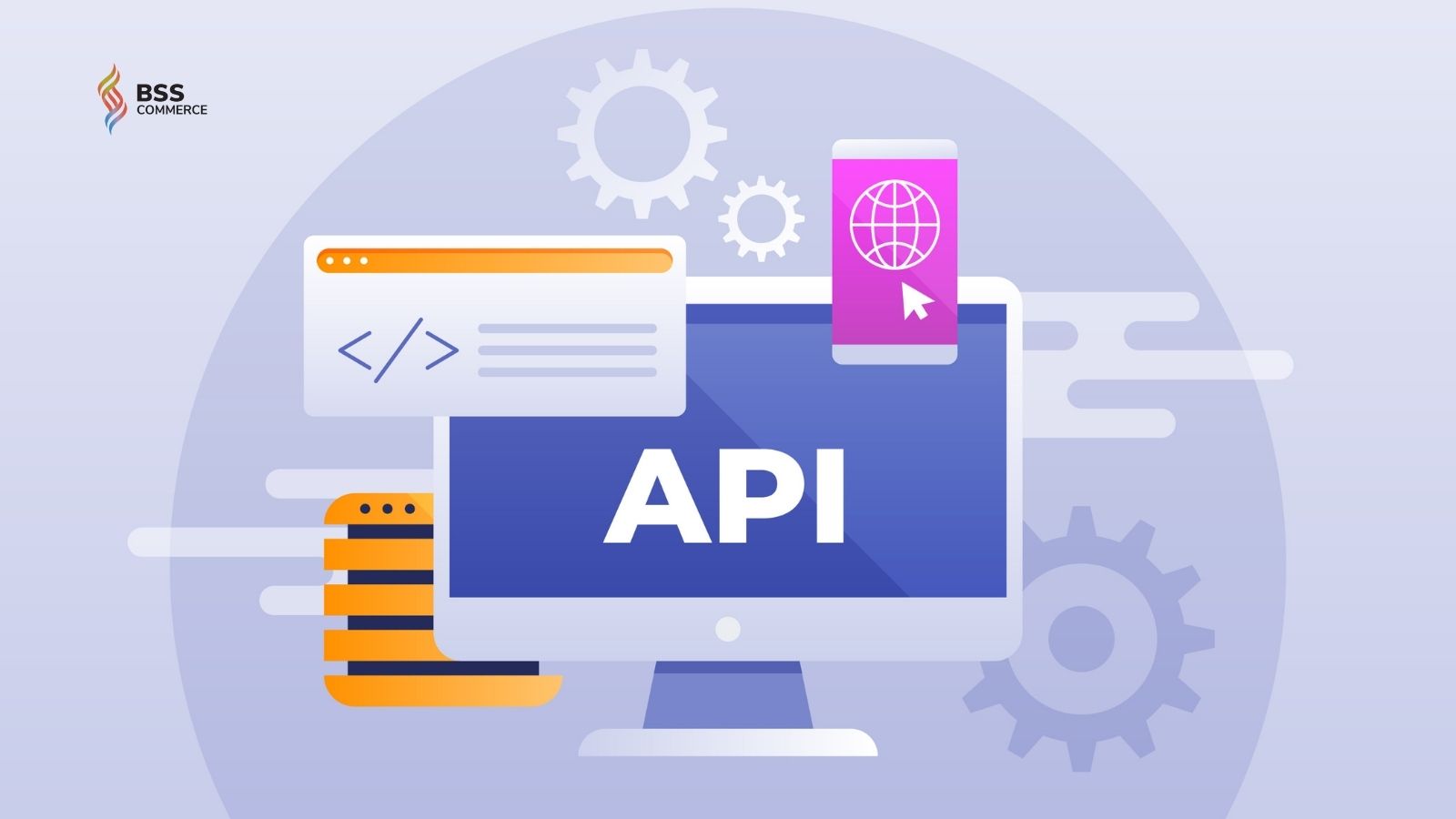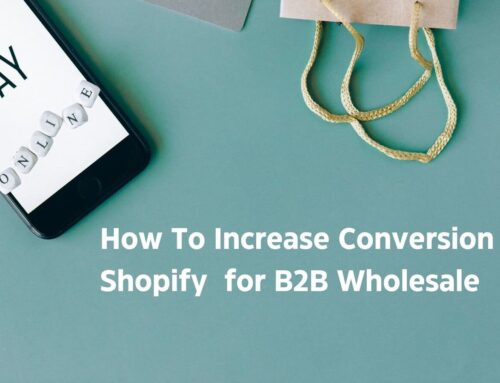Nowadays, businesses have to integrate a lot of applications and services to smoothen their operations and customer experience. APIs are crucial in such scenarios, enabling different software systems to communicate and exchange data between them. API integration tools hold the key to maximizing the power of your APIs. These tools provide an easy, centralized solution for businesses to connect and manage their APIs. In this article, we’ll take a look at the top 10 API integration tools available in the market.
Contents
What Is an API Integration Tool?
API is a set of protocols, tools, and standards that enables different software systems to communicate and exchange data with each other seamlessly.
API integration involves the integration of two or more software systems via APIs. Normally, API integration will involve identifying which APIs are to be connected, defining how they will talk to one another, and developing connections.
API integration tools represent a certain class of software solutions created for simplifying the connection of different software applications, services, or systems via APIs. The tool will help when complex integration with a variety of APIs and applications is necessary.
>> Read more: Shopify API Versions: Everything You Need to Know
10 Best API Integration Tools to Use in 2025
BSS B2B/Wholesale Solution

BSS B2B/Wholesale Solution provided by BSS Commerce is an app, helping Shopify store owners to set up a wholesale business inside their B2C online store. You can have everything on this very app for a wholesale store. It also supports other integrations like Klaviyo for sending emails and Zapiet in order to manage store pickups.
This application is loved by merchants for extending B2B on Shopify, providing custom deals and pricing, and even effective VAT management, which especially concerns Europe. Among the other features that add to its usefulness are wholesale registration, tiered pricing, and seamless integration with Shopify. The user-friendly interface contributes to making management easier. Customer support is highly praised for responsiveness and the ability to provide custom solutions.
Key features:
- Advanced feature API integrations with Public API for seamless integration with external systems, enhancing overall functionality and connectivity
- Wholesale b2b pricing solution with custom pricing, tiered pricing, bulk pricing
- Wholesale b2b registration form for wholesalers only
- B2B wholesale quantity breaks, minimum quantity, minimum order, order limit
- B2B wholesale tax display includes automated tax exempt, VAT exempt, EU taxes
>> Shopify Minimum Order Quantity: What It Is & How To Set Up
Pricing:
- Free
- Essential: $25/month
- Advanced: $50/month
- Platinum: $100/month
✨✨✨ TRY IT OUT: BSS B2B/Wholesale Solution
Here’s some feedback from customers about BSS B2B/Wholesale Solution:


Astera Software

Astera Software is the leading data management company that offers no-code, easy-to-use platforms for data integration, warehousing, and API management, empowering data professionals and business users. It accelerates API creation, reduces ownership costs, and speeds up integration significantly. Such unified API management helps in smoother digital communication and data exchange. It drives forward efficiency and innovation.
Key features:
- Simplify API lifecycle management from design to deploy and beyond in a single console
- Ensure data accuracy and reliability with comprehensive validation tools
- Work stress-free with its no-code, drag-and-drop interface
- Exchange data seamlessly with built-in connectors for various data sources
Drawbacks:
- New users may find its wide array of features overwhelming, requiring some time to utilize its capabilities fully
Pricing: Custom pricing
MuleSoft

MuleSoft is the leading integration platform provider for connecting applications, data, and devices across on-premise and cloud environments. The MuleSoft AnyPoint Platform brings together a complete suite of API integration capabilities that enable businesses to operate and scale programs efficiently by integrating any system, data, or API at scale.
From design to deployment, MuleSoft has tools for each phase of the API lifecycle, ensuring standards for quality, security, and compliance are met.
Key features:
- Simplify API and microservice management and security across all environments
- Unify and serve data from multiple APIs in a single GraphQL request
- Access pre-built connectors, integration patterns and templates to connect and manage systems
- Secure your enterprise APIs with tokenization and out-of-the-box compliance features
Drawbacks:
- The comprehensive feature set and functionalities of the Anypoint Platform may be unsuitable for small teams
- For small businesses or startups, the cost of implementing MuleSoft’s solutions might be a little high
Pricing: Custom pricing
Cleo

Cleo is an excellent platform that helps companies seeking to optimize supply chain and B2B integrations. The platform provides real-time connectivity and communication of your ecosystem for better value creation and innovation. It supports frictionless EDI transactions, enabling the smooth fulfillment of all your supply chain commitments. Cleo helps automate workflows and deliver real-time data integration.
Key features:
- Improve supply chain collaboration by integrating data in real time
- Ingest new partners into your system quickly to reduce time to go live and increase revenue velocity
- Automate transactions to reduce friction in processes and human touch
- Real-time visibility of supply chain transactions provides extended visibility for better monitoring and management
Drawbacks:
- The vast amount of features and options that are available may be overwhelming for users initially; it takes some time to get used to
- Users have found the interface clunky and reporting complicated
Pricing: Custom pricing
IBM App Connect

IBM App Connect is an application connecting platform through which an organization can integrate applications and data within hybrid environments. It includes various feature sets that simplify the integration and smooth workflow related to the same.
Key features:
- Integrate applications and data across environments using a no-code interface and a prebuilt connectors
- Accelerate business processes with workflow automation and reduce manual labor, improving efficiency with increased productivity
- Ensure data security and compliance with industry standards, including GDPR, ISO 27001, SOC 1 and 2, and HIPAA
- Design your APIs as integration flows in a model-driven, code-free way
- Enable collaboration in authoring to extend this API integration pattern
Drawbacks:
- IBM App Connect’s cost – against big or customized deployments – can get pretty expensive on a small business or low budget
- While the platform is designed for ease of use, more complex integration scenarios may require a deeper understanding of the platform and thus perhaps more sophisticated configuration efforts
Pricing:
- iPaaS: USD 200/month per user (sold on an annual basis)
- Enterprise Integration Software: Custom pricing
Jitterbit

Jitterbit is an effective, low-code integration solution to help an enterprise connect across SaaS, cloud, on-premise, and legacy systems with seamless ease; it accelerates business workflow automation and speeds up innovation by rapidly creating new applications. This is a place that offers API management speed, hence enabling the management of the whole API lifecycle from one single, unified developer-friendly platform.
Key features:
- Advanced data mapping and transformation allow for the manipulation of data in real time as it moves between systems.
- Develop and govern APIs with intuitive graphical interface
- Ensure APIs are developed, secured, and performant
- Automate enterprise-wide processes to increase efficiency and decrease manual labor
- Access a massive marketplace of templates, connectors, and recipes to automate workflows your way-fast
Drawbacks:
- Some use cases require additional customization which can be more configuration burdensome or require development
Pricing: Custom pricing
Boomi

Boomi is a part of Dell Technologies and is positioned as a leading iPaaS provider. The Boomi platform digitally transforms business by connecting people, processes, things, and applications across on-premise and cloud. It comes with pre-built connectors, hybrid deployment, intelligent guidance using ML integrations, and single-platform experience across services.
Key features:
- Quickly deploy and manage APIs in a non-complex way to ensure seamless connectivity and operational efficiency
- Ensure synchronized integrations across cloud, on-premise, and edge environments
- Simplify entity mapping between applications with ML-powered “Suggest” integration guidance
- Improve UX with a single platform for B2B/EDI management and API management
- Focus on innovation with self-managed, automatically updating integrations
Drawbacks:
- Despite the user-friendly interface, the extent of functionalities and advanced features may require some onboarding time for new users to tap into the full potential of the platform
Pricing: Custom pricing
Oracle

Oracle provides all API integration capabilities required for an organization to seamlessly connect its applications, data, and systems. Oracle Integration offers acceleration in application and business process modernization with a visual development experience, embedded best practices, and native integration with Oracle Cloud Infrastructure and SaaS applications.
Key features:
- Simplify automation and data integration using Oracle’s graphical and visual dataflow representation
- Achieve real-time and fault-tolerant data replication across environments using GoldenGate
- Design, build, promote, and secure APIs with Oracle API Management
- Extend SaaS applications using event-driven automation with Oracle Functions
- React easily and efficiently to resource changes with Oracle Events
Drawbacks:
- It is a complicated software if you don’t have the relevant technical knowledge
- As with most enterprise solutions, the pricing of Oracle’s API integration and management services is high
Pricing:
- Free
- Custom pricing
Flowgear

Flowgear is a robust integration and automation platform that helps businesses of all sizes simplify the most complex app-to-app integrations. This cloud-based platform is highly recognized for its no-to-low code approach, hence enabling rapid application, data, and API integration. Equipped with more than 200 prebuilt application and technology connectors, Flowgear helps connect a wide array of SaaS and on-premise software applications for seamless data flow across diverse ecosystems.
Key features:
- Building, managing, and integrating APIs using a drag-and-drop workflow designer with limited coding knowledge
- One interface to deploy powerful integrations in minutes
- Connect on-premise and cloud-based systems through advanced integrations and automation
- Productivity and innovation enhanced by a vast library with pre-defined accelerators, recipes, and solutions
Drawbacks:
- Some users reported limited customization for specific integration scenarios
- The platform’s vast capabilities may take some time to learn for the users
Pricing:
- Base: $1,499/month
- Standard: $2,499/month
- Professional: $3,999/month
- Enterprise: Custom pricing
Informatica

Informatica is a leading data integration software provider and is in front regarding API integration feature set. It simplifies business processes with its strong platform, improving data quality to move towards advanced digital transformation. A broad range of connectors and adaptors make integration with multiple applications, databases, and systems straightforward, enabling one to keep up with ever-evolving business demands.
Key features:
- Automation of tasks through the iPaaS offered by Informatica frees up the team for strategic work.
- Supports all types of data management patterns for better data accuracy and consensus
- Integrate SaaS applications and on-premise applications to orchestrate processes effectively
- Data accuracy, completeness and consistency will help you make better decisions
Drawbacks:
- Organizations which simply add APIs to their old applications without integrating them properly may result in scalability issues
Pricing: Custom pricing
Why You Should Use an API Integration Tools
Seamless Data Transfer
The design of every API is unique and will utilize a unique combination of architectures, protocols, programming languages, authentication mechanisms, data structures, and storage methods in order to implement their functionality. However, APIs must also be able to work together in order to deliver the greatest value they can. API integration programmatically sorts out the incompatibilities of these various implementations so that data can flow freely between APIs without the need for human intervention.
Improved Operational Efficiency
API integrations can be implemented to automate the most time-consuming activities in business-critical workflows. They can also aggregate information coming from multiple sources into one easy-to-analyze hub. Combined, these perks reduce time and money by improving productivity while eliminating human errors.
Better User Experiences
Teams can also implement third-party APIs within their own application to expand the functionality of their own application without having to reinvent the wheel. For instance, the engineering team for an e-commerce application will most likely integrate an API for processing payments with either Stripe or Square. By integrating public APIs from other organizations, teams are enabled to innovate fast and confidently as they work to deliver the best possible user experience.
Bottom Up
There are several API integration tools in the market to choose from. However, the best integration tool depends on your budget, unique needs, and the value it adds to your processes and workflows. If you find this blog helpful, check out BSS Commerce for more eCommerce blogs and reviews!
CONTACT NOW to let us know your problems. We are ready to help whenever you need us.




